Por: Amnistía Internacional
“En la India está penalizado darse un beso entre dos mujeres o entre dos hombres. Tenemos mucho por lo que luchar. Es fundamental salir a las calles y que el reclamo por la diversidad sexual y la no discriminación sume más voces. Igualmente la sociedad también tiene normas muy rígidas para parejas heterosexuales y las expresiones de deseo o de amor en lugares públicos no son muy comunes”. Pooja, activista de la India, revivía lo que allá es moneda corriente y acá, para las leyes argentinas, suena rudimentario. Si bien podemos leer estas historias en las redes, ser parte de un equipo de activistas que participó en el Foro de Alto Nivel Político de Naciones Unidas fue una oportunidad única para conocerlas de primera mano.
En junio quedé seleccionada entre un grupo de 500 jóvenes de todo el mundopara unirme a 4 jóvenes líderes de Kenia, Nigeria, Zimbabwe y la India*. Nuestra misión era lograr que, como jóvenes activistas por los derechos humanos, nuestras voces, preocupaciones y prioridades tengan un lugar en el Foro de Alto Nivel Político sobre Desarrollo Sostenible (HLPF-ONU) que se realizó del 11 al 19 de julio, en Nueva York.
Una vez en Nueva York pude conocer cómo trabajan otros y otras jóvenes que comparten el desafío de lograr el reconocimiento de nuestros derechos sexuales y reproductivos. En Kenia, Nairobi, por ejemplo, un joven facilita el acceso a Internet a través de un cyber para que otros puedan ir ahí a conectarse y sistematizar datos que recogen en comunidades. Son más de 300 jóvenes que caminan las comunidades para monitorear el nivel de implementación del Objetivo 5 que demanda lograr el empoderamiento de mujeres y niñas y la igualdad de género.
Otro día, entre sesiones, conocí a una joven activista de Nigeria que también trabaja a través de la educación en derechos humanos. Busca promover los derechos de las niñas a decidir sobre su cuerpo de forma libre y luchar contra el machismo en un país en el cual el matrimonio infantil y la mutilación genital femenina son unas de las principales violaciones de derechos humanos. Un gran desafío es buscar formas creativas de hablar estos temas entre niñas, niños y adolescentes para generar cambios culturales y sociales que respeten su dignidad y que involucren a todos y todas.
Mi participación como joven activista fue como un curso acelerado en incidencia política ante Naciones Unidas: dos días previos al HLPF tuvimos talleres sobre el proceso de la Agenda 2030, el Foro y oportunidades de incidencia. Desde Amnistía Internacional pude dar un taller sobre campaña y activismo en el que fue muy valioso indagar sobre las experiencias e iniciativas en lugares tan distantes como Arabia Saudí, Alemania, Canadá y Uruguay. Luego, durante el Foro enfrenté los desafíos de conocer a actores relevantes: presentarte, tener claro para qué hablarle y cómo ese actor puede colaborar con tu estrategia eran preguntas claves antes de iniciar una charla. Sobre todo cuando un mismo edificio reunía a más de 2.500 personas para dar seguimiento a los ODS y revisar las estrategias para asegurar un desarrollo inclusivo.
No estás solo, no estás sola, súmate como joven activista al Grupo de Jóvenes de Amnistía Internacional Argentina para aprender más sobre tus derechos sexuales y reproductivos, defenderlos y actuar para que otros y otras jóvenes puedan ejercerlos libremente.
Fuente: https://www.amnesty.org/es/latest/news/2017/10/what-are-we-fighting-for-the-experience-of-young-people-at-the-united-nations/
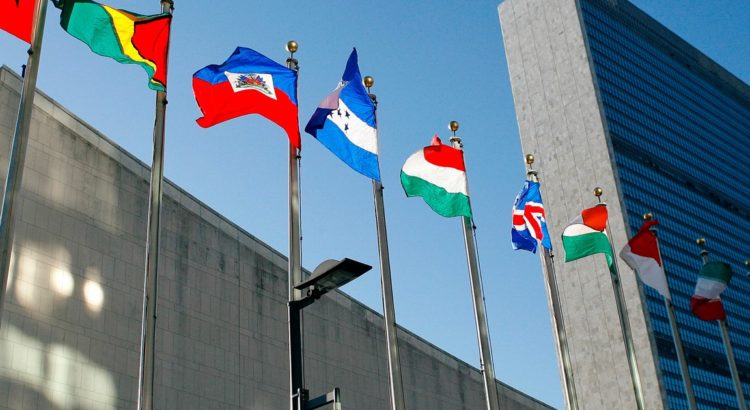

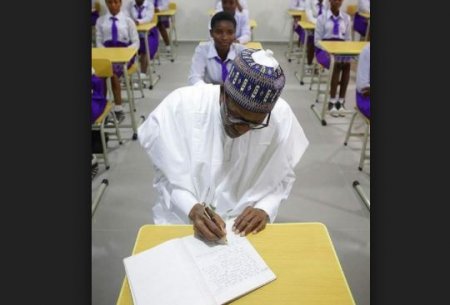
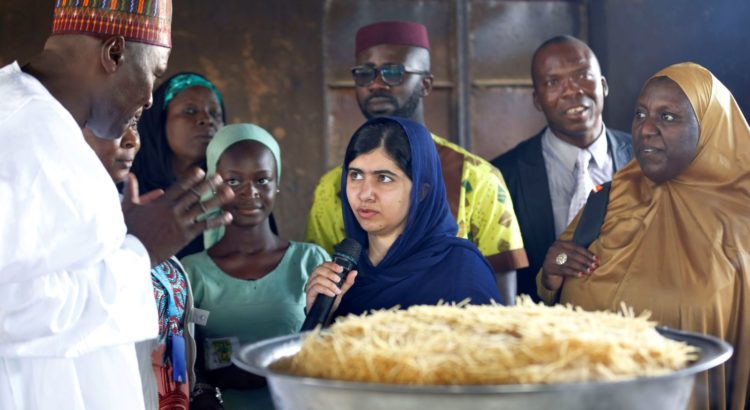
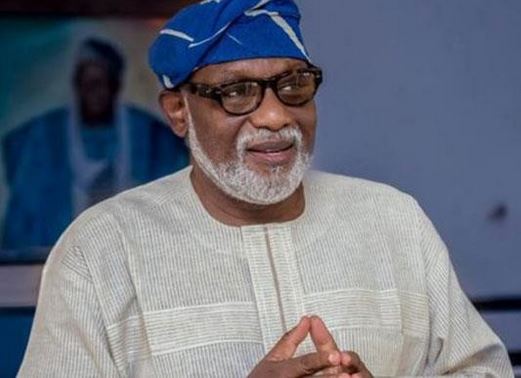
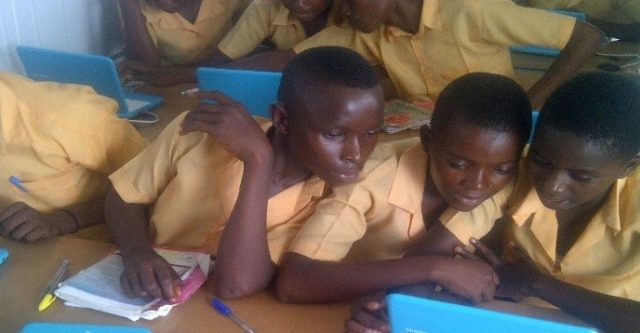
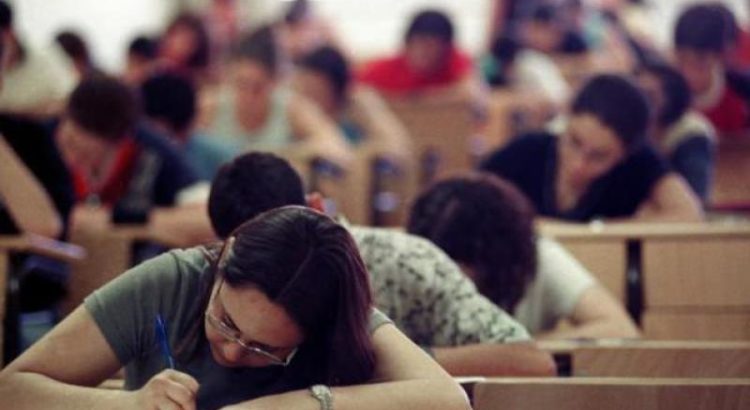







 Users Today : 40
Users Today : 40 Total Users : 35460249
Total Users : 35460249 Views Today : 53
Views Today : 53 Total views : 3418948
Total views : 3418948